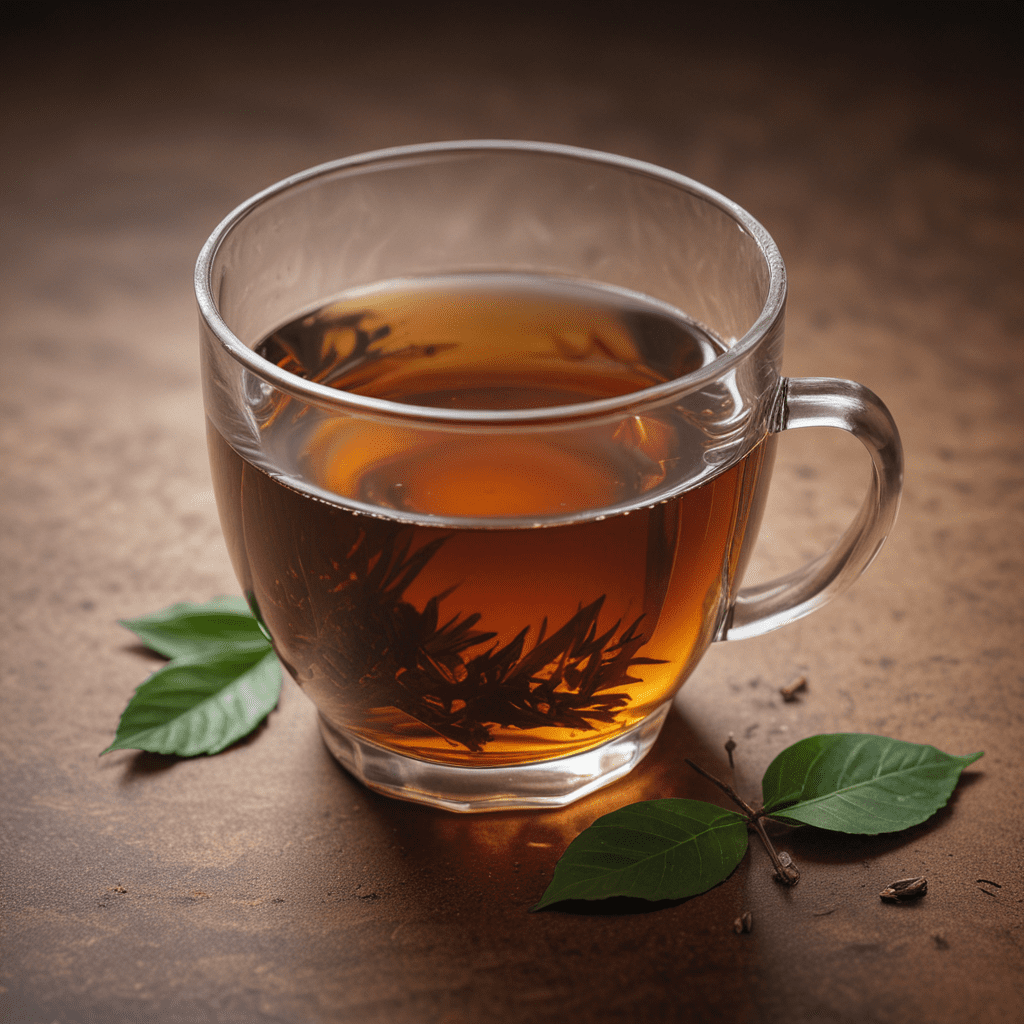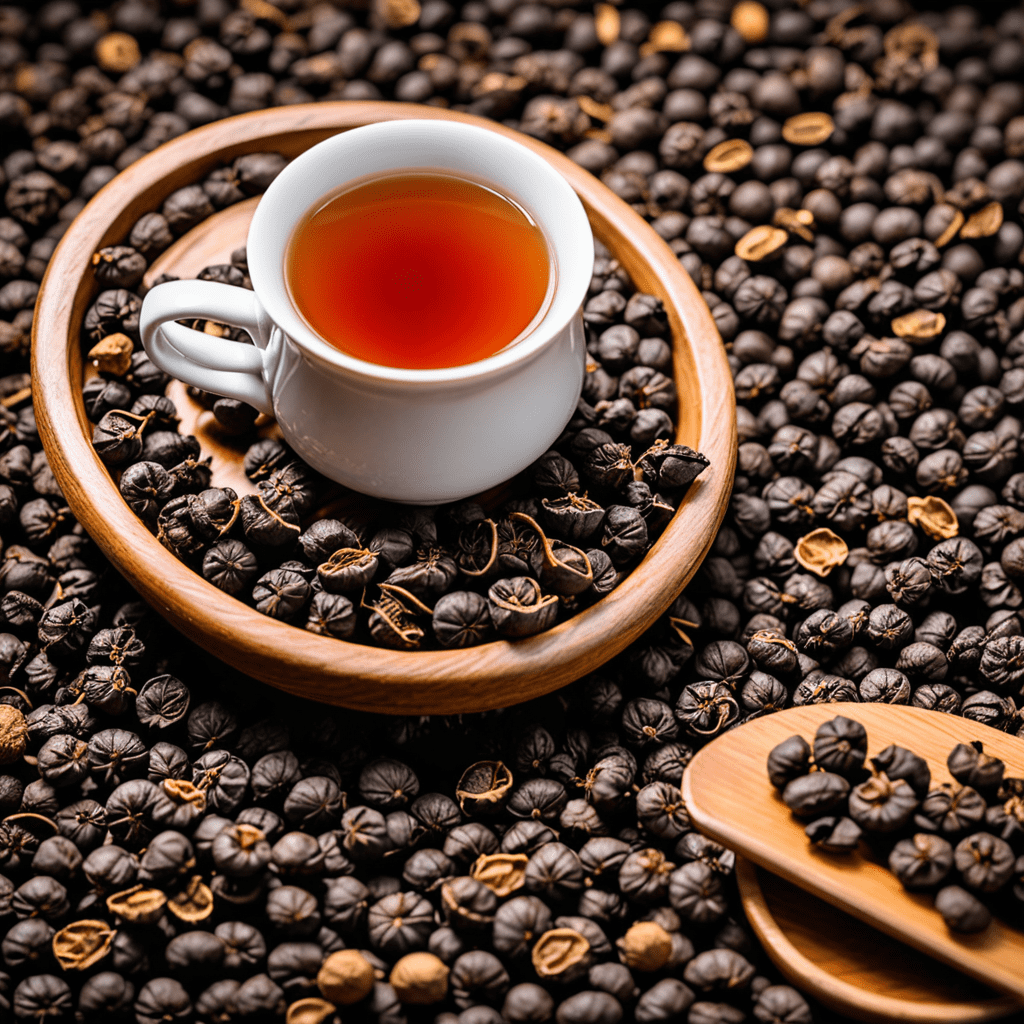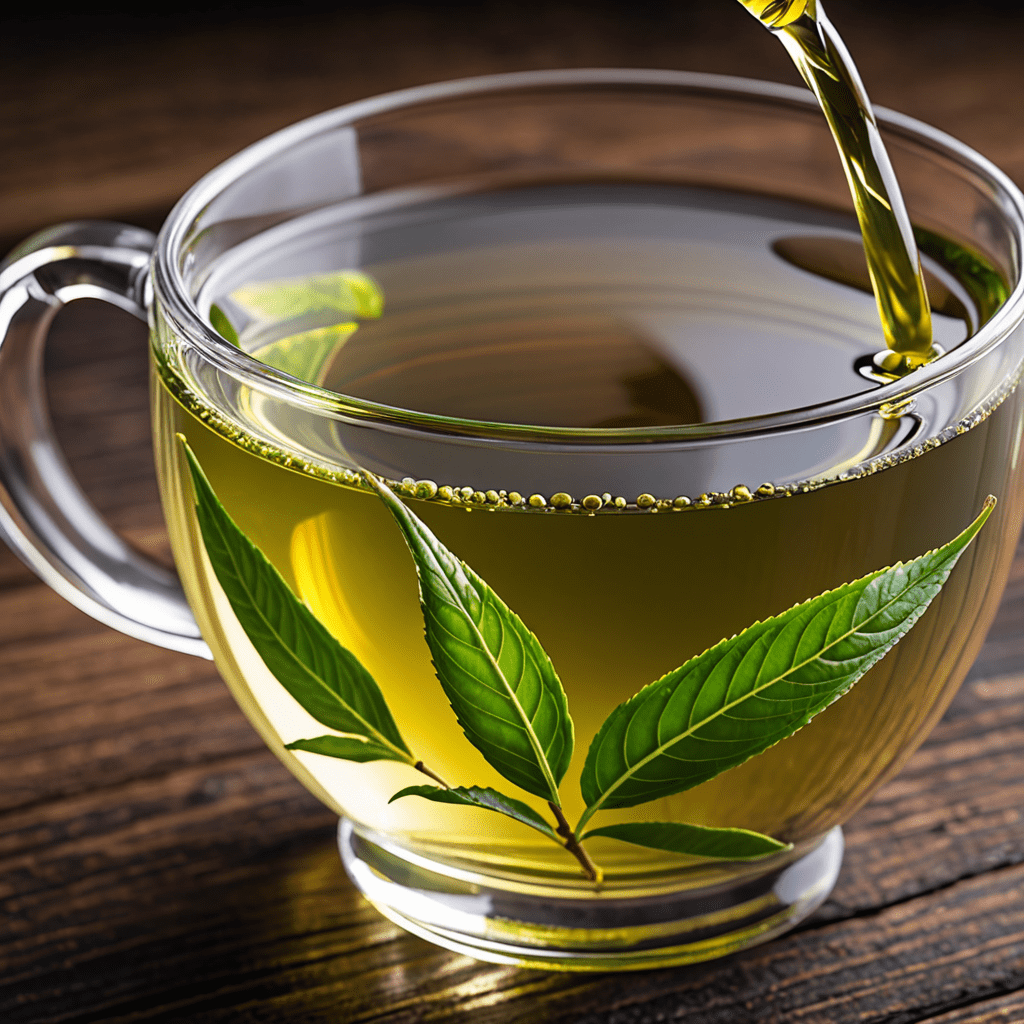Assam Tea: The Essence of Indian Tea Heritage
1. Introduction
In the realm of tea, Assam stands as a prominent region that has shaped the global tea landscape. Assam tea, a true embodiment of Indian tea heritage, is renowned for its robust flavor, rich aroma, and deep amber hue. This article delves into the essence of Assam tea, exploring its historical origins, distinctive growing conditions, traditional processing techniques, and cultural significance.
2. Historical Origins and Significance
Assam tea finds its origins in the 19th century, when British planters discovered the indigenous tea plants growing wild in the Brahmaputra Valley. Recognizing the potential of these plants, they established plantations and began cultivating them on a large scale. The introduction of Assam tea revolutionized the global tea industry, and it quickly gained prominence as one of the most sought-after teas in the world. Today, Assam tea remains a symbol of India's rich tea heritage and is celebrated for its quintessential Indian flavor.
3. Geographical Factors and Terroir
The Brahmaputra Valley, where Assam tea is cultivated, offers an ideal terroir for tea production. The region's unique geographical conditions, including abundant rainfall, warm temperatures, and fertile alluvial soil, contribute to the exceptional quality of Assam tea. The Brahmaputra River, which flows through the valley, provides essential moisture and nutrients to the tea plants, further enhancing their growth and flavor development.
4. Cultivation and Harvesting Practices
Assam tea bushes are typically grown in large plantations, where they receive meticulous care and attention. The tea plants are regularly pruned to maintain their shape and encourage new growth. Harvesting is a crucial process that takes place twice a year, during the spring and autumn seasons. Skilled workers handpick the two topmost leaves and the bud from each branch, ensuring that only the youngest and most tender leaves are selected for tea production.
5. Traditional Processing Methods
Assam tea undergoes a traditional processing method known as the orthodox method. This time-honored technique involves several stages, including withering, rolling, fermentation, and drying. The withering process reduces moisture content, while rolling helps release the tea's natural oils and flavors. Fermentation, a crucial step, allows the leaves to develop their characteristic rich flavor and aroma. Finally, the tea is dried to stop fermentation and preserve its quality. The result is a flavorful and aromatic black tea that epitomizes the essence of Assam tea heritage.
6. Grades and Varieties of Assam Tea
The quality of Assam tea is determined by several factors, including the region where it is grown, the time of year it is harvested, and the processing methods used. Assam tea is classified into various grades based on its leaf size, appearance, and flavor profile. Some of the most popular grades include:
Golden Tippy: This grade is characterized by its golden tips and bright, coppery liquor. It is known for its delicate flavor and exquisite aroma.
Broken Pekoe: This grade consists of broken and smaller leaves that produce a full-bodied infusion with a malty flavor and rich aroma.
Orange Pekoe: This grade is composed of larger, whole leaves that produce a strong, flavorful tea with a bright, amber color.
- Pekoe: This grade is a blend of broken and whole leaves that offers a well-balanced flavor and aroma, making it a popular choice for everyday consumption.
7. Health Benefits and Medicinal Properties
Beyond its captivating flavor and aroma, Assam tea is also known for its numerous health benefits. It is a rich source of antioxidants, which help protect the body against free radical damage and reduce the risk of chronic diseases. Assam tea has also been shown to improve cardiovascular health by lowering cholesterol levels, reducing blood pressure, and improving circulation. Additionally, Assam tea contains compounds that may help boost the immune system, aid digestion, and improve cognitive function.
8. Cultural and Social Impact
Assam tea holds a significant cultural and social place in Indian society. It is deeply intertwined with the traditions, rituals, and everyday lives of the people of Assam. Tea gardens are an integral part of the region's landscape, providing employment and livelihoods to countless individuals. The consumption of Assam tea is a cherished social custom, often enjoyed during gatherings, celebrations, and as a way to connect with others.
9. Sustainable Practices and Challenges
In recent years, the Assam tea industry has faced challenges related to climate change, deforestation, and the use of pesticides. However, there is a growing movement towards sustainable tea farming practices. Tea gardens are adopting eco-friendly methods to minimize their environmental impact, such as organic farming, rainwater harvesting, and the use of natural fertilizers. Sustainable practices not only protect the environment but also ensure the long-term viability of the Assam tea industry.
10. Conclusion and Future Prospects
Assam tea is a true testament to the rich tea heritage of India. Its distinctive flavor, aroma, and health benefits have made it a globally renowned tea. The future of Assam tea looks promising, with increasing demand for high-quality teas and a growing appreciation for its unique characteristics. As the Assam tea industry continues to evolve, sustainable practices and a commitment to quality will be crucial in preserving its legacy and ensuring its continued success.
FAQs
Q: What makes Assam tea different from other teas?
A: Assam tea is known for its robust flavor, full-bodied infusion, and malty notes. It is grown in the Brahmaputra Valley, which provides unique geographical conditions that contribute to its distinctive characteristics.
Q: How is Assam tea processed?
A: Assam tea undergoes a traditional processing method known as the orthodox method. This involves several stages, including withering, rolling, fermentation, and drying, which develop its rich flavor and aroma.
Q: What are the health benefits of Assam tea?
A: Assam tea is a rich source of antioxidants and has been shown to improve cardiovascular health, boost the immune system, aid digestion, and improve cognitive function.
Q: How can I enjoy Assam tea?
A: Assam tea can be enjoyed as a hot brew or iced tea. It can be consumed on its own or with milk and sugar. Assam tea is also a popular ingredient in various tea blends.


